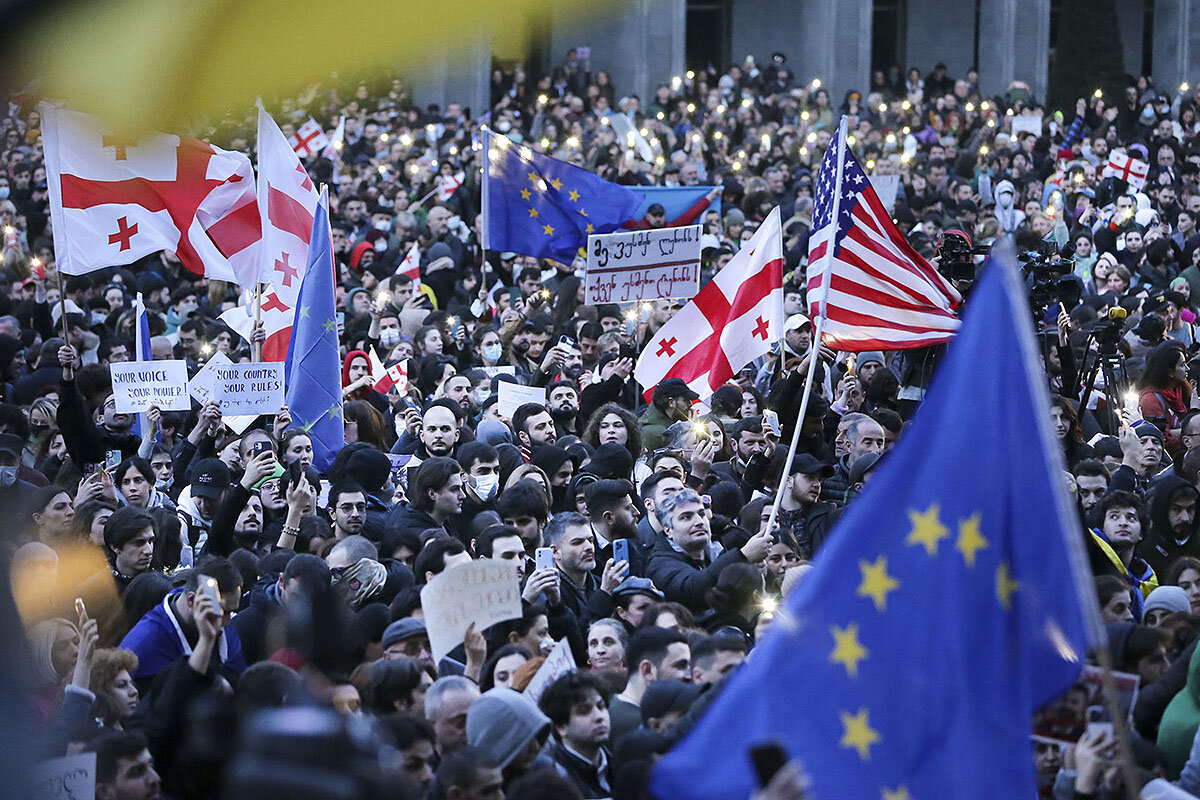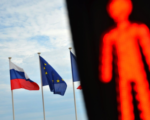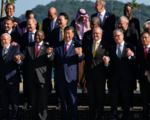Clashes in Tbilisi as Georgia Detains 16 Protesters Over Disputed Election Results

Protests Escalate in Georgia Amid Election Dispute
Police in Georgia’s capital, Tbilisi, detained 16 people on Tuesday following clashes with protesters who have been demonstrating against the results of last month’s parliamentary election. The opposition and President Salome Zourabichvili, a critic of the ruling party, allege that the October 26 election was rigged.
Video footage from the scene showed police forcibly removing protesters, with some being thrown to the ground and dragged along the pavement, while officers used pepper spray at close range. Georgia’s Interpress news agency reported that 16 individuals were detained, with three later released.
Ongoing Protests and Allegations of Fraud
The unrest follows several protests since the election, in which the ruling Georgian Dream party secured a fourth term in power. Opposition leaders have vowed to continue daily demonstrations to prevent the newly elected parliament from convening later this month. These protests are fueled by accusations that Georgian Dream, led by Prime Minister Irakli Garibashvili, is pro-Russian, undermining Georgia’s pro-Western aspirations.
Protesters, including members of the Coalition for Change, erected tents and blocked major streets in Tbilisi, where they remained for two nights before being dispersed by police on Tuesday. The interior ministry confirmed that protesters had illegally blocked traffic, but did not provide details on the detentions. Several opposition figures reported arrests, with some also suffering injuries. A cameraman from the opposition channel Mtavari Arkhi was also detained.
Election Controversy and International Reactions
The election commission officially confirmed Georgian Dream’s victory on Saturday, with the party securing 54% of the vote. However, opposition-backed U.S. pollsters have disputed the result, claiming the outcome is statistically implausible. The election’s legitimacy is being further questioned by international observers. The Organization for Security and Cooperation in Europe (OSCE) noted reports of ballot-stuffing, voter intimidation, and bribery but did not assert that the election was outright stolen.
The election was seen as a pivotal moment for Georgia, offering voters a choice between deeper integration with Europe under the opposition or closer ties with Russia under the Georgian Dream government. Critics of Georgian Dream warn that its increasing authoritarianism could derail Georgia’s aspirations to join the European Union.





















